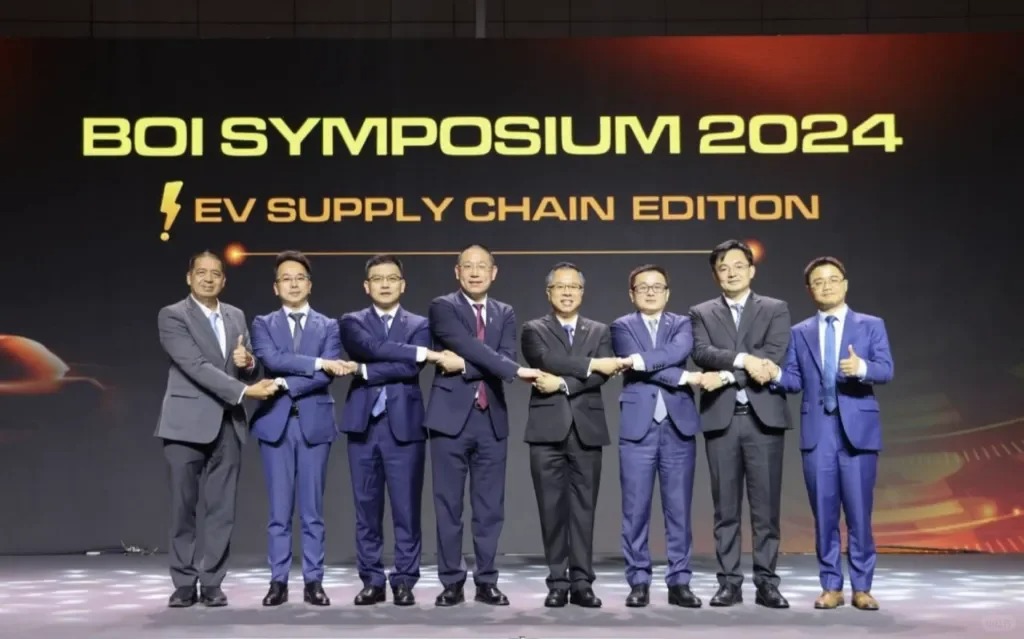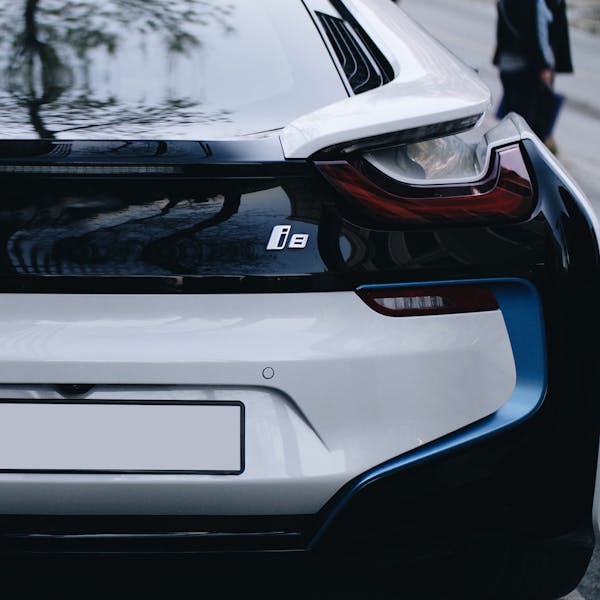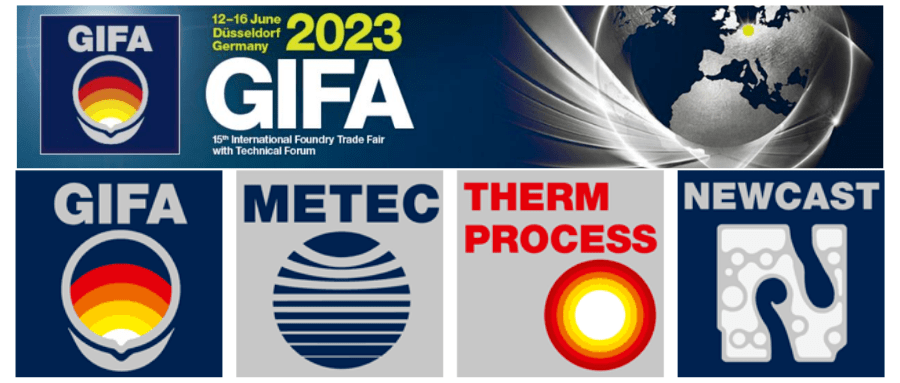Recently, at the BOI Seminar: Electric Vehicle Supply Chain, organized by the Board of Investment Promotion (BOI) of Thailand, seven leading Chinese automakers - BYD, MG, Great Wall Motor, NETA, Changan, GAC Aion, and Omoda & Jaecoo, came together for the first time.
At the event, the seven automakers showcased their blueprints for Thailand's electric vehicle industry, while presenting plans to source parts and components within the country, aiming to elevate Thai manufacturers to the center of the global supply chain.

Three Chinese automakers are said to be currently producing electric vehicles in Thailand, namely Great Wall, Nezha and MG. BYD and GAC Eon plan to start production in the third and fourth quarters of this year, with Changan starting production in early 2025, which will gradually increase demand for domestic auto parts in Thailand.

Ma Haiyang, general manager of GAC EAN Thailand, said EAN will invest in manufacturing plants in Thailand and abroad and lay out a distribution network to develop high-quality products that meet the needs of local Thai and Southeast Asian consumers in cooperation with local parts manufacturers.
Ke Yubin, general manager of BYD Thailand, said that BYD became the world's No. 1 seller of electric vehicles in 2023, while the plant in Thailand uses more than 40 percent of local parts and plans to increase purchases every year. The goal for the future is to increase production and develop parts locally in Thailand that can be branded as "Made in Thailand".
Shen Xinghua, chairman of Changan Automobile, said the company plans to make Thailand an ASEAN manufacturing, sales and R&D center. Changan is eyeing an investment of about 10 billion baht, and production is expected to start in the first quarter of 2025 with a capacity of more than 100,000 units. The goal is to source 60 percent of its components domestically in Thailand, and this could even increase to 90 percent if supported through Thai government incentives.









